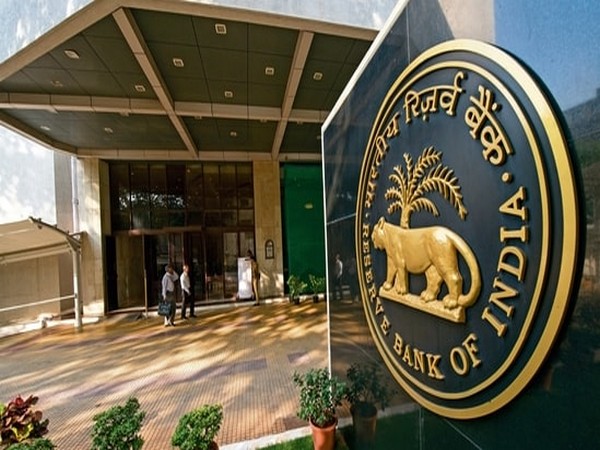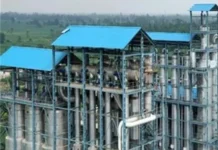New Delhi: India can become the second largest economy by 2031 and the largest economy in the world by 2060, said Michael Debabrata Patra, Deputy Governor, Reserve Bank of India (RBI) during a program at the Lal Bahadur Shastri National Academy of Administration, Mussoorie.
“It is possible to imagine India striking out into the next decade to become the second largest economy in the world not by 2048, but by 2031 and the largest economy of the world by 2060,” said Patra.
The deputy governor stated during an event of the Mid-Career Training Programme for officials of the Indian Administrative Service on July 9, at the Lal Bahadur Shastri National Academy of Administration.
He also called India’s journey in economic development an eventful and arduous one and added that during the last financial year 2023-24, India became a USD 3.6 trillion-dollar economy.
“India had become a Rs 295.4 lakh crore or USD 3.6 trillion dollars’ economy at current exchange rates. At a per capita income of Rs 2,07,030 or USD 2,500, India belongs in the lower middle-income group of countries. Reaching here has been an eventful and arduous journey, marked by what statisticians call ‘structural breaks” said Patra.
The deputy governor also added that if India wants to become a developed economy it will have to grow at a rate of 9.6 per cent per annum for the next ten years.
“If India can grow at the rate of 9.6 per cent per annum over the next ten years, it will break free of the shackles of the lower middle-income trap and become a developed economy,” he said.
The Organisation for Economic Cooperation and Development (OECD) projects that in PPP (purchasing power parity) terms, India will overtake the US by 2048 to become the second-largest economy in the world.
For rising inflation in the Indian economy, the deputy governor stated that RBI is committed to aligning inflation with the target and the inflation will ease to 4.1 per cent in 2025-26.
“RBI has anchored expectations by remaining committed to aligning inflation with the target and regards the recent easing of price pressures as work in progress. It projects inflation to average 4.5 per cent in 2024-25 and 4.1 per cent in 2025-26. The taming of inflation lays the foundations of sustained high growth in the future” said the deputy governor.
He also shared that the Gross non-performing assets (GNPAs) in the banking system have steadily fallen from their peak in March 2018 to 2.8 per cent of total assets by March 2024. The adjusted for provisions, net NPAs are just 0.6 per cent. The capital and liquidity buffers of the country are well above the regulatory norms. (ANI)












